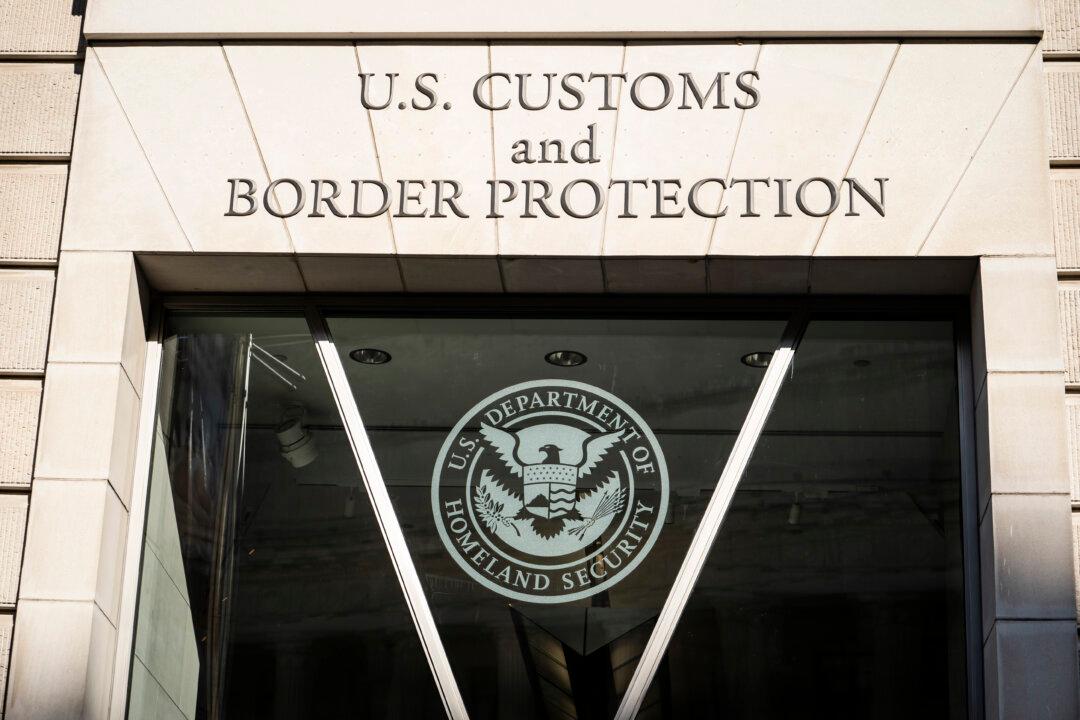Commentary
After crowds cheered them on from overpasses and at truck stops from one end of the country to the other, the Freedom Convoy arrived at Parliament Hill in Ottawa on Jan. 29 to protest COVID vaccine mandates. Thousands of supporters joined them to wave Canadian flags, dance in the snow, play street hockey, and cheer speeches delivered from a flatbed truck. Kids played in a bouncy castle and on hay bales.






